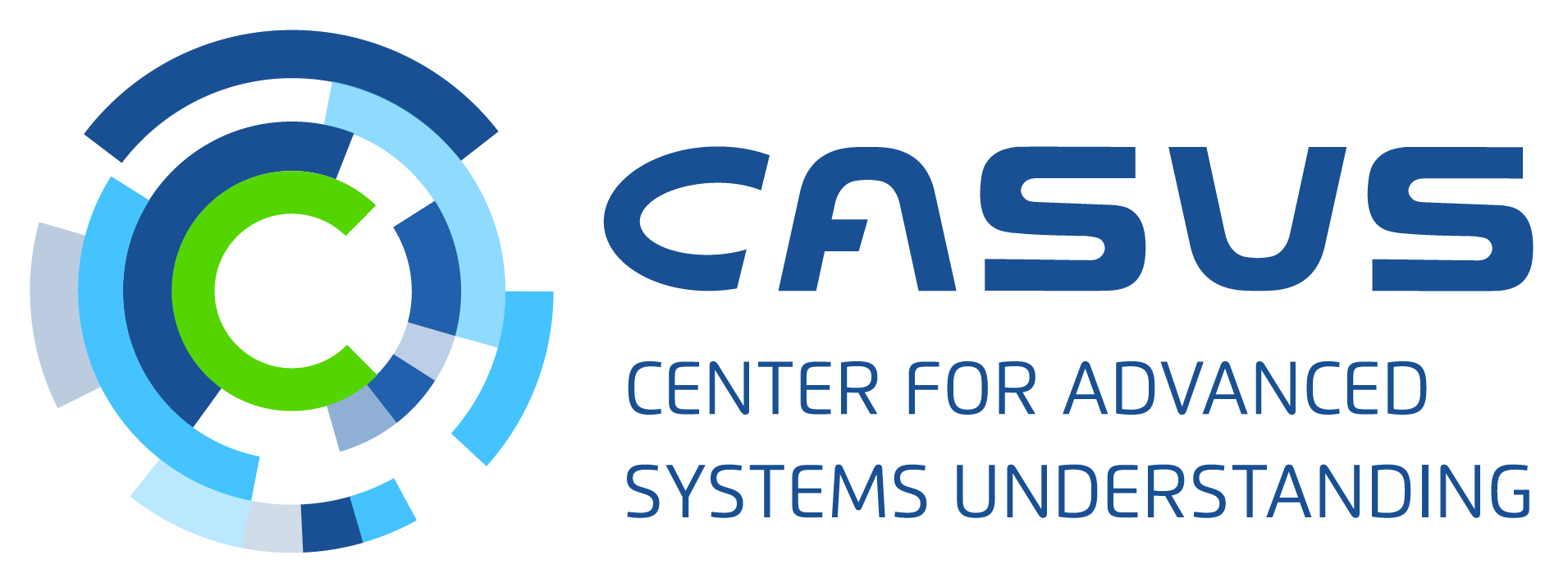The CASUS Workshop - “Data science and the COVID-19 pandemic – What have we learned so far?” will be held in the beautiful German town of Görlitz, east of Dresden. It will take place at the Cultural Forum Görlitz Synagogue and is hosted by the Center for Advanced Systems Understanding at Helmholtz-Zentrum Dresden-Rossendorf.
Görlitz
The German-Polish city Görlitz/Zgorzelec presents itself as a vital place with a rich cultural life and an unparalleled cultural heritage. The city boasts 4,000 monuments from the periods of Gothic, Renaissance, Baroque and Wilhelminian architecture. One of the best-preserved historic cityscapes all over Central Europe provides an authentic and versatile backdrop for numerous national and international films that continue to be produced in so-called Görliwood. Görlitz's popularity with tourists is also due to the numerous festivals, concerts, and exhibitions that take place throughout the year - and the fact that nowhere in Germany does the sun rise earlier than here.

© Nikolai Schmidt
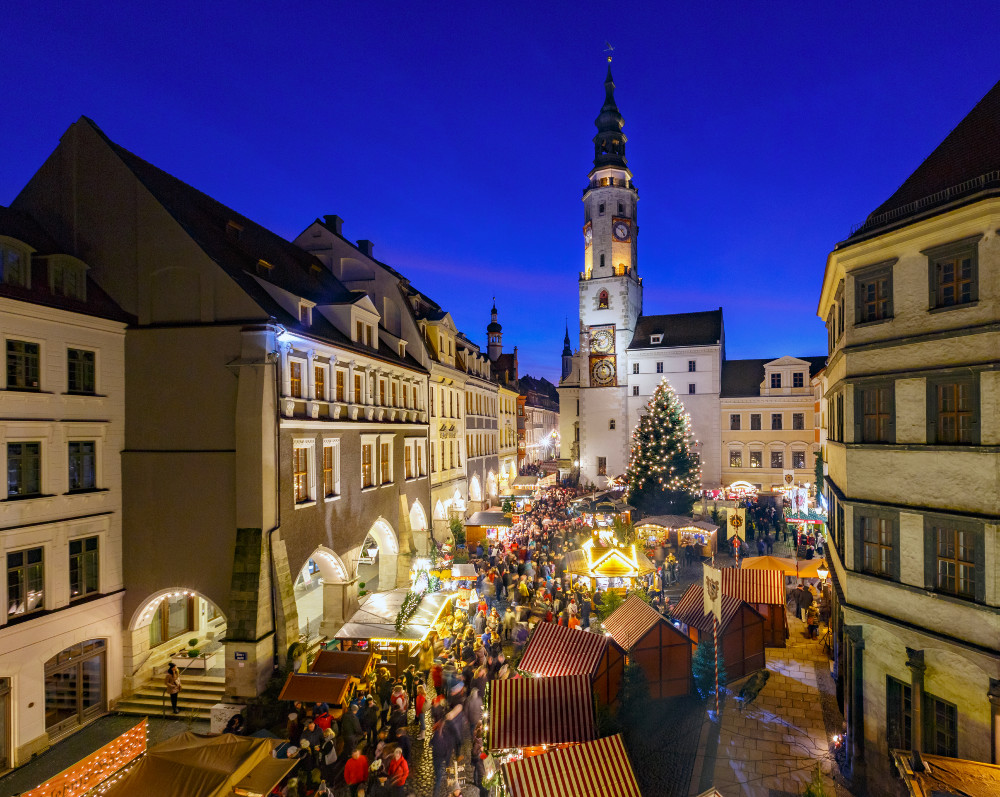 © Nikolai Schmidt | 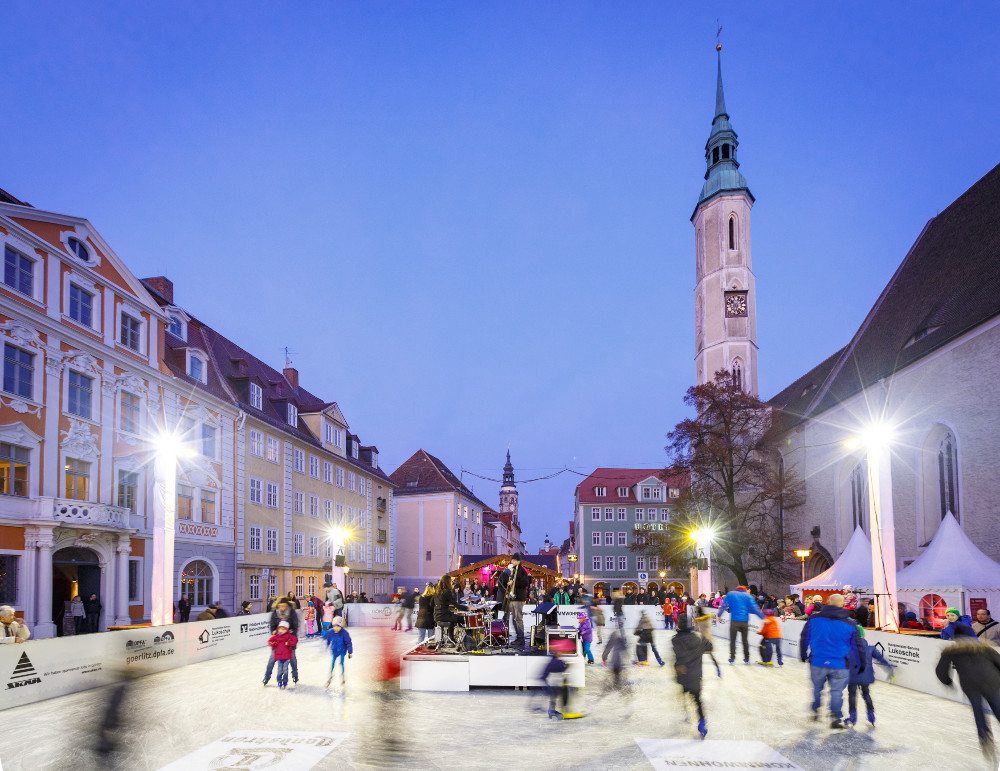 © Nikolai Schmidt |
 © Thomas Schneider | 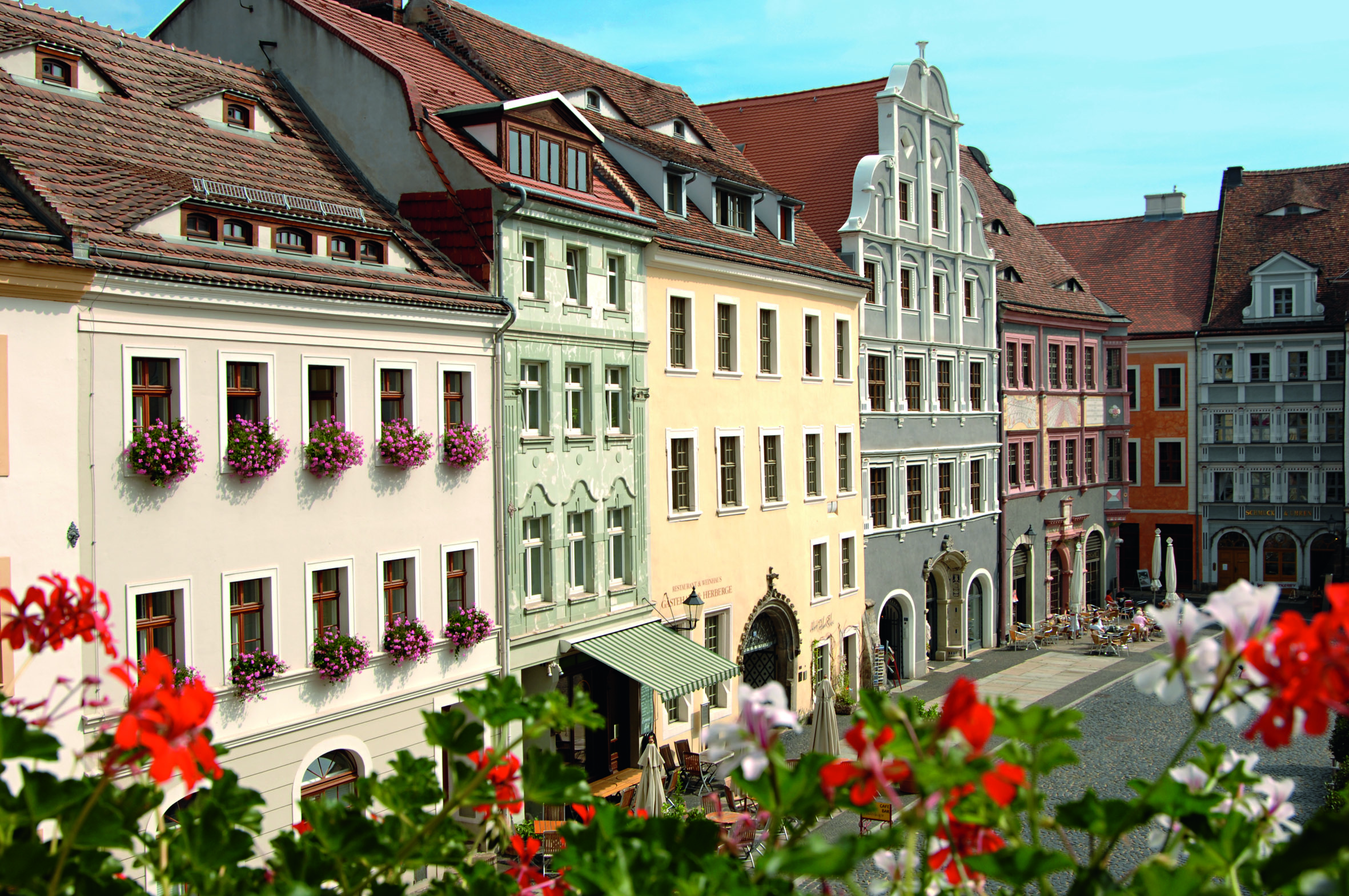 © Sabine Wenzel |
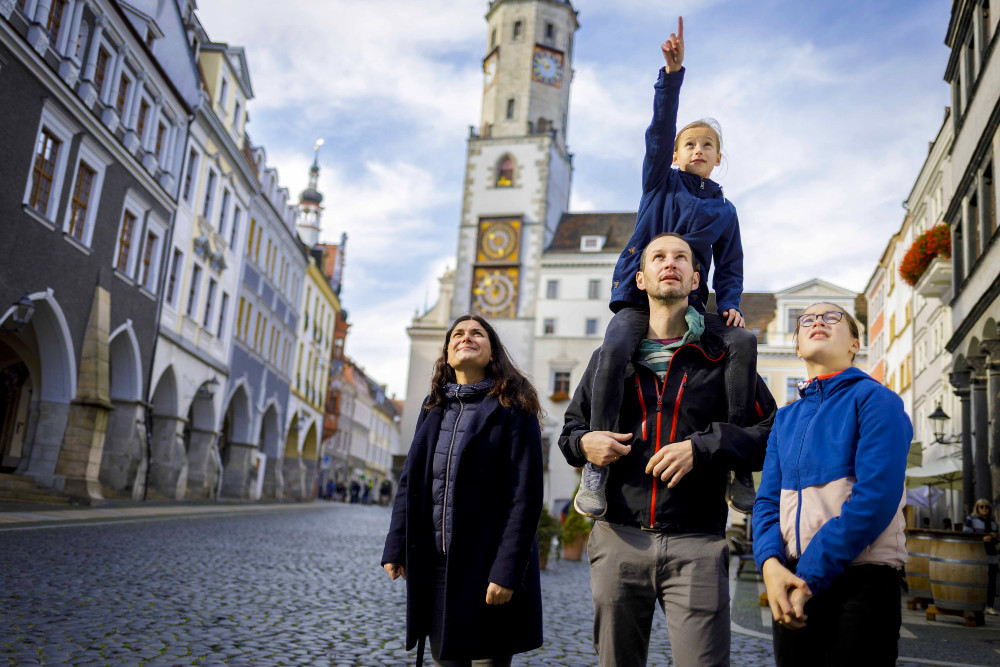 © Nikolai Schmidt | 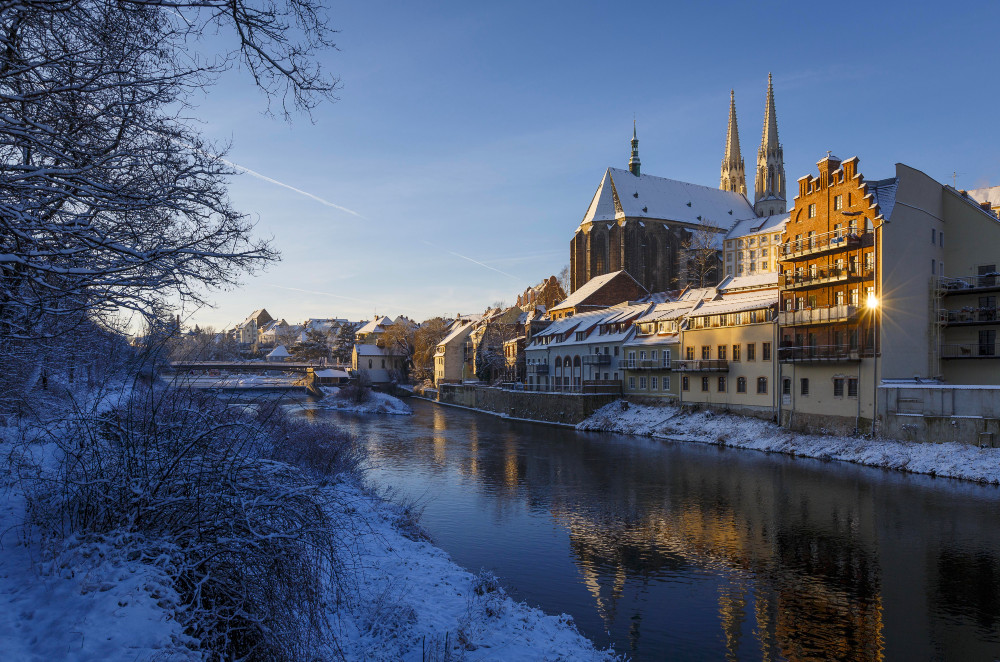 © Nikolai Schmidt |
Cultural Forum Görlitz Synagogue
The event will take place in the Cultural Forum Görlitz Synagogue. The Art Nouveau building was the only synagogue in Saxony that was not destroyed during the Pogrom Night in 1938. It has been extensively restored since 1991 and is now a monument of national importance. Reopened in 2021 as the Cultural Forum Görlitz Synagogue, this important building is intended as a place of social encounter, cultural offerings, and discussion with regional and supra-regional impact. Despite its now primary secular use, its religious origins and eventful history will not be forgotten.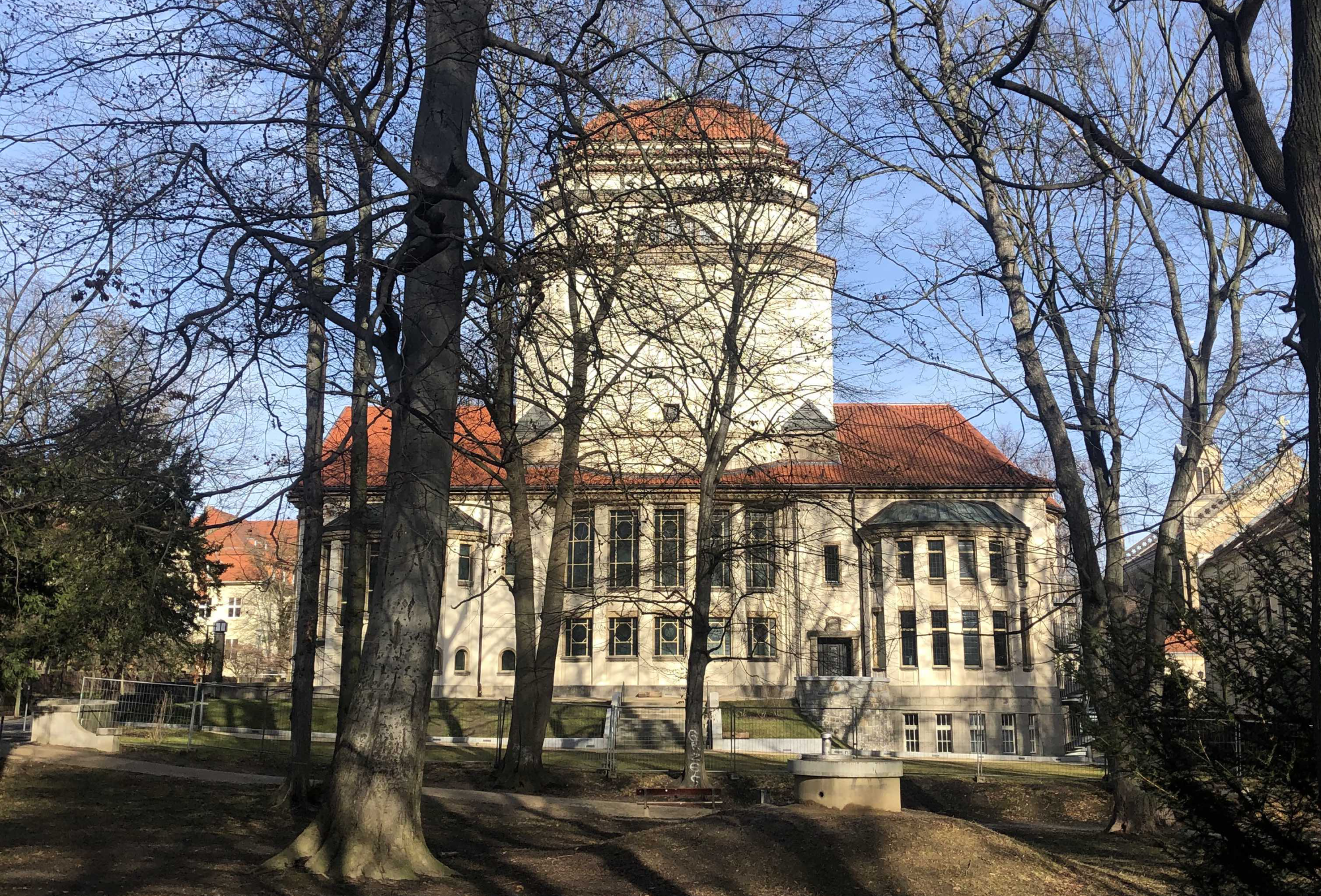
© Philipp von Haymerle
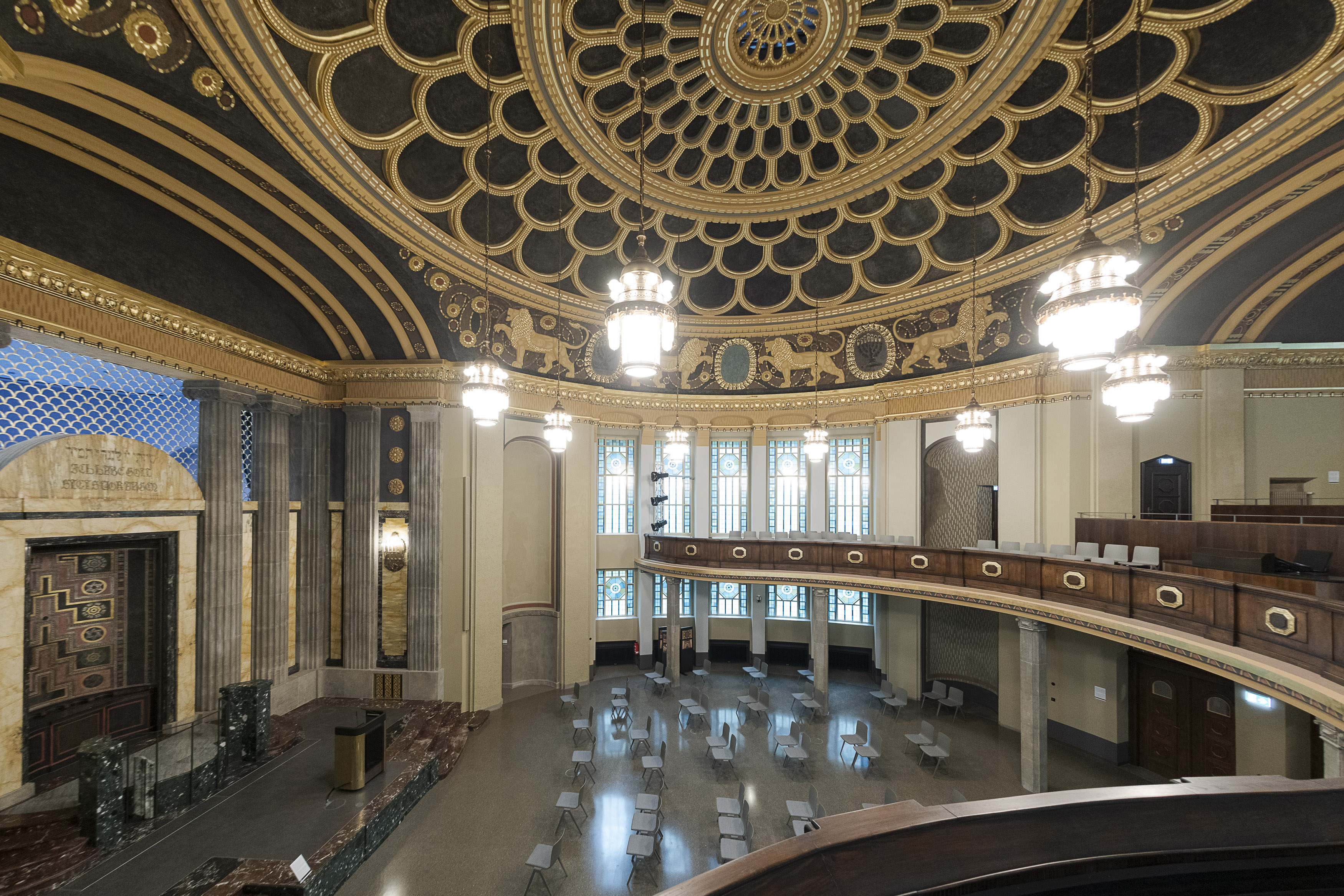
© Pawel Sosnowski
The Center for Advanced Systems Understanding
In 2019, a vibrant and productive science hub has emerged on the German-Polish border. The Center for Advanced Systems Understanding (CASUS) uses cutting-edge digital methods to tackle research in complex systems such as the climate, extreme states of matter, or carcinogenesis. The young research center is establishing itself with an increasing number of high-profile publications and close collaborations with renowned partners worldwide.
Based on the belief that future research is interdisciplinary and data-driven, CASUS positions itself as a strong partner in the digitization of science and draws new scientific connections to address future challenges with the help of digital scientific solutions. Combining methods from mathematics, systems theory, data science, and scientific computing at a single location, researchers at CASUS aim to rethink data-intensive systems research.
